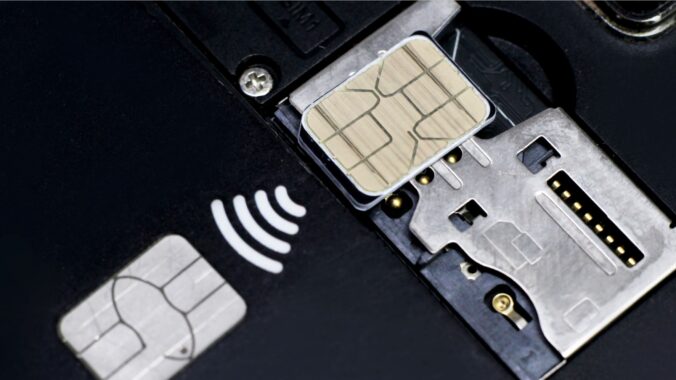As the world’s largest mobile event, MWC attracts thousands of visitors who are eager to discover the newest breakthroughs in connected devices – from wearable gadgets to smart vehicles to digital health solutions.
But behind the excitement, there’s also a looming threat to the security of these technologies: quantum computing. In time, quantum computers will be able to crack the encryption methods that safeguard the entire mobile ecosystem, exposing them to hackers and cyberattacks.
The Quantum Threat
The explosion of connected devices has heralded a new era of efficiency and convenience, but traditional cryptographic algorithms may prove to be insufficient against this new computing power.
In our mobile connectivity ecosystem, there are vulnerabilities at every data exchange point. From eSIMs and eSIM management platforms to 5G core networks, SIM manufacturers, and all IT-based communications like VPNs, the spectrum of potential attack vectors is vast and diverse. And the ripple effects of quantum computing extend beyond algorithms alone – communication protocols, certificates, and key management protocols will all need to adapt to this new landscape.
It is also worth noting that, within 5G networks, cryptography plays a much more important role than in previous cellular generations. Unless these networks have adequate quantum-safe protections, they will be exposed and vulnerable to attack.
Preparing for a Post-Quantum World
Quantum is coming, and we need to act now to protect our communications security and privacy. That’s why, at Thales, we’ve been leading the way in developing quantum-resistant cryptographic solutions for the telecoms sector.
At this year’s MWC, we’re proud to showcase our latest innovation: post-quantum cryptography (PQC) SIM cards, successfully tested on SK Telecom’s 5G standalone commercial network. This is a breakthrough innovation because it enables the encryption and decryption of subscriber identities in a secure way to protect user privacy from future quantum threats. This is important not only for the future, but also for the present, as it prevents possible “record now, decrypt later” attacks.
This is one reason why it’s critical to start investigating resilient solutions now, and why we’ve recently been testing end-to-end encrypted phone calls for resilience in the post quantum era. The successful pilot project was performed with the Thales ‘Cryptosmart’ secure mobile app and 5G SIM cards installed in smartphones, testing a mobile-to-mobile call, voice/data encryption, and device content protection.
This pilot adopted a ‘hybrid cryptography’ approach – meaning it combines the convenience of a public-key cryptosystem with the efficiency of a symmetric-key cryptosystem. This approach is recommended during the transitional period towards a post-quantum world.
We are also helping MNOs protect their infrastructure with our HSMs (hardware security modules) safeguarding subscriber privacy and identities by providing end-to-end security of 5G subscriber identifiers and subscriber authentication with certified quantum-safe algorithms.
Learn more at MWC 2024
Preparing for a post-quantum world is set to be a massive focus at this year’s Mobile World Congress, and the GSMA’s will no doubt be a crucial session.
You can also find the Thales team at Fira Gran Via, Hall 2, stand 2J30 to find out more about how post-quantum cryptography (PQC) SIM cards can secure user identities and protect privacy.
Learn more about Thales at MWC here: https://www.thalesgroup.com/en/event/mobile-world-congress
Explore more MWC: Connecting and protecting cars



